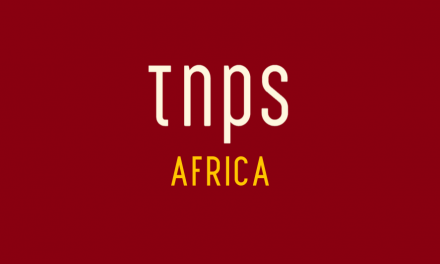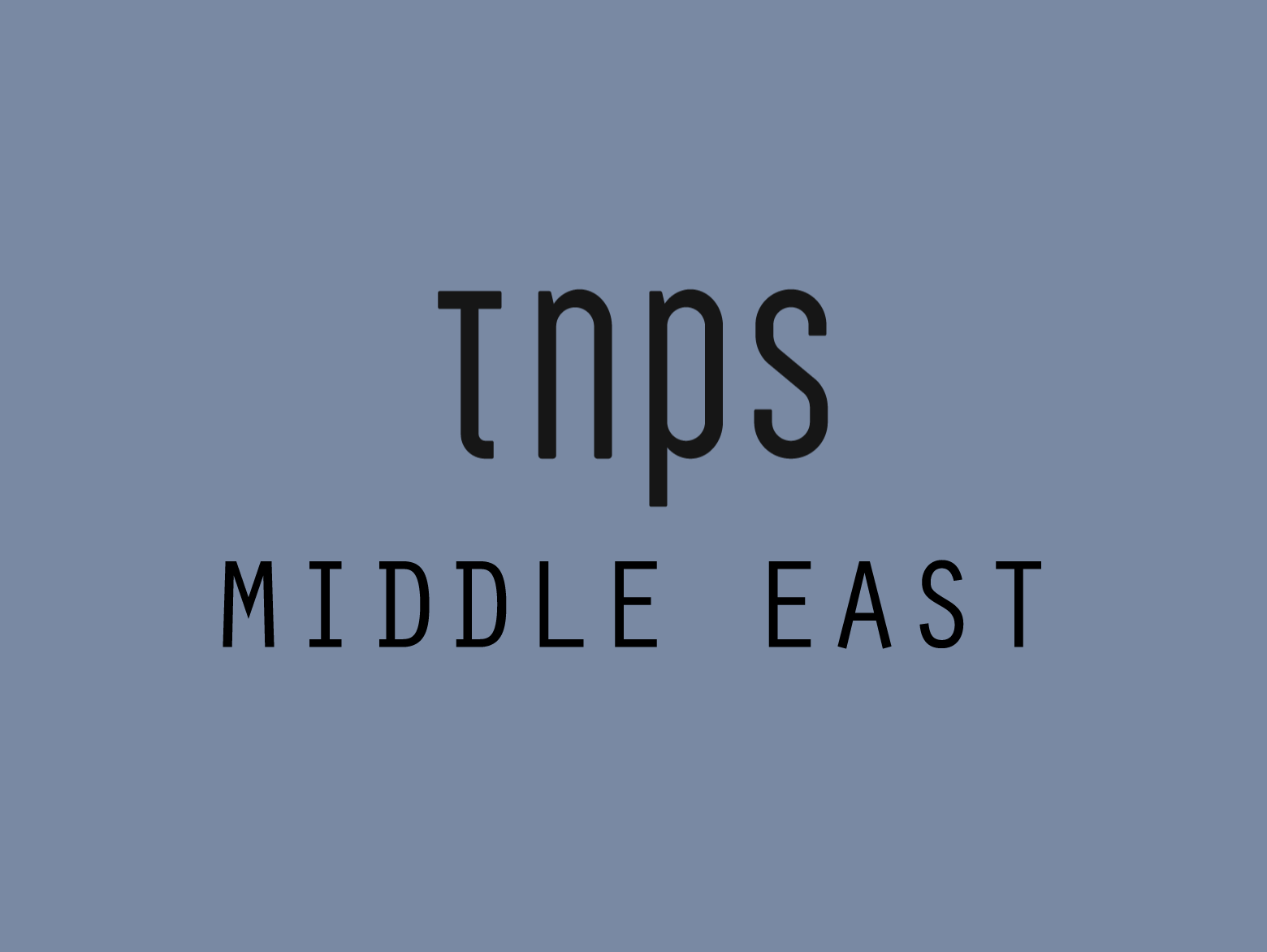There are lots of Generation Z here in Africa that are readying themselves to transform the continent’s prospects. Young adults today that grew up never having known a world without the internet and mobile phones. The digital native generation that make up in enthusiasm and adaptability what they lack in experience and learning.
Sometimes its easy, when focussed on the publishing industry, to lose sight of the wider cultural picture, of how publishing is influenced by, and in turn influences, all our different cultural elements. Everything from education to media to cultural intangibles.
Today, I’m sharing a post from a teacher at my school here in The Gambia, one of the smallest and poorest countries on the African continent. A school where ABC-123 is where we start, not where we finish education.
Rohey L Ceesay exemplifies the future of countries like The Gambia, where prospects are few, and where much of the older generation that run the country are often locked into a last-century, apologist mindset where the leaders make excuses instead of providing solutions.
“We’re a small, poor, Black African country and former colony. We can’t compete, so why try.”
But there are lots of Generation Z here in Africa that are readying themselves to transform the continent’s prospects. Gen Z being born between between 1997 and 2012. Young adults today that grew up never having known a world without the internet and mobile phones. The digital native generation that make up in enthusiasm and adaptability what they lack in experience and learning.
The linked post is about Rohey’s Intangible Cultural Heritage training, and well worth reading.
I’d add that she’s also been teaching our Primary 2 children about ICH during class, as part of our “Much More Than ABC-123” approach to education.




